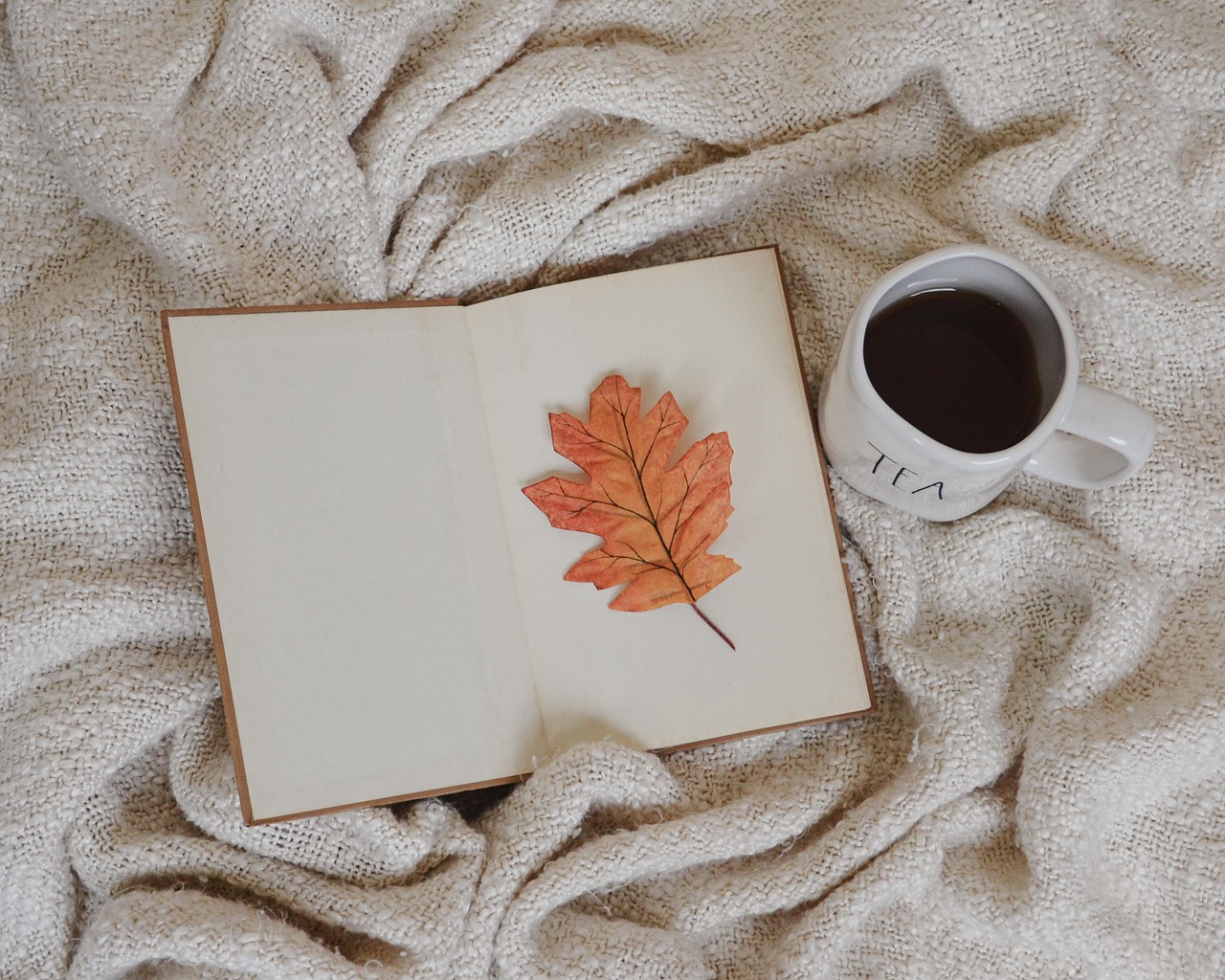Genres: What Are They in the Creative World?
Genres (pronounced JON-ruhzz) show up all the time when we talk about books, movies, music, or even games. But what are they really?
Genres are like flavors in a huge storytelling buffet. They help you know what kind of ride you’re getting into—will it make you laugh, cry, scream, or think? Everyone has a favorite genre, the kind of story that just hits different. The one where you feel like, “Yep, this is totally my thing.”
In this post, we’ll break down what genres are, why they matter, and walk you through the major ones with fun, simple examples.
So… What Is a Genre?
A genre is a type or category of creative work. It gives you a clue about what kind of story you’re about to experience.
In short:
Genre = vibe + style + story type
Just like music has genres (like pop or rock), books and movies do too. That’s how we sort stories—by their feel, themes, and plot style.
Why Genres Matter
Genres help both readers and creators:
- Writers use them to shape what kind of story they’re telling
- Readers use them to choose what they want to experience
- They make it easier to find books that match your mood
The Major Genres (With Great Examples)
Here’s a breakdown of the most popular story genres, especially in fiction:
Romance
Stories about love, relationships, and emotions.
You might catch yourself grinning, blushing, or rolling your eyes at the drama. It’s the genre where hearts race, letters are written, and sometimes… someone runs through the rain.
- Examples: Pride and Prejudice by Jane Austen, The Notebook by Nicholas Sparks
Mystery
A crime, secret, or problem needs solving—and you’re pulled along to figure it out.
You’ll be side-eyeing every character, taking mental notes, and maybe even shouting, “I knew it!” at the book.
- Examples: Sherlock Holmes by Arthur Conan Doyle, Gone Girl by Gillian Flynn
Horror
The goal? Scare you, freak you out, or give you chills.
This is the genre where you keep the lights on, pretend you’re brave, and sometimes read under the covers like it’s a shield.
- Examples: Dracula by Bram Stoker, The Haunting of Hill House by Shirley Jackson
Adventure
Epic journeys, risky missions, wild places—this one’s about action and survival.
You’re dodging danger, meeting strange folks, and maybe climbing a mountain with a sword in your backpack.
- Examples: Treasure Island by Robert Louis Stevenson, The Hobbit by J.R.R. Tolkien
Science Fiction (Sci-Fi)
Set in the future, space, or alternate realities. Packed with robots, tech, or time travel.
You’ll be floating through galaxies, questioning reality, or wondering, “What if this could really happen?”
- Examples: The War of the Worlds by H.G. Wells, Dune by Frank Herbert
Fantasy
Magic, mythical creatures, made-up worlds—it’s all here.
You’re swinging a wand, riding dragons, or learning ancient secrets in some castle far away from anything normal.
- Examples: Harry Potter by J.K. Rowling, The Lord of the Rings by J.R.R. Tolkien
Historical Fiction
Takes place in real times from the past, but with made-up characters or added drama.
Feels like stepping into a time machine. You’re walking through old streets, wearing corsets (or armor), and seeing history through a personal lens.
- Examples: War and Peace by Leo Tolstoy, The Book Thief by Markus Zusak
Drama / Literary Fiction
Focuses on real-life struggles, emotions, and deep characters.
You’ll sit there after finishing, staring at the wall, whispering, “Wow.” It’s serious, emotional, and sometimes hits close to home.
- Examples: To Kill a Mockingbird by Harper Lee, Of Mice and Men by John Steinbeck
Comedy / Satire
Meant to make you laugh, chuckle, or roll your eyes at clever jokes and funny situations.
You’ll be snorting in public or grinning while reading alone. It’s smart, silly, or just plain weird—in the best way.
- Examples: The Importance of Being Earnest by Oscar Wilde, Catch-22 by Joseph Heller
Philosophical / Thought-Provoking
Explores big ideas like life, death, meaning, or truth.
You’ll ask questions you never thought to ask, or feel like your brain just did a backflip. This genre gets deep.
- Examples: The Stranger by Albert Camus, Brave New World by Aldous Huxley
Bonus: Genre Mashups Are Real
Stories don’t always stick to just one genre. A book can be a romantic mystery or a sci-fi horror. That’s part of the fun—seeing how genres mix together in creative ways.
Final Thought: Pick Your Flavor
Genres help you find what you love. They’re not meant to box you in—they’re meant to guide you. It’s totally okay to try new ones, jump between them, or stick to the same one forever.
Reading is personal. Go with what makes you feel something.
What’s your favorite genre—and why?
Leave a comment below or share your top pick with us at Inspanet. We’re always down to talk stories.
And if you’re not sure what to read next, don’t worry—we’ll be dropping more genre-based picks soon!

0 Comments